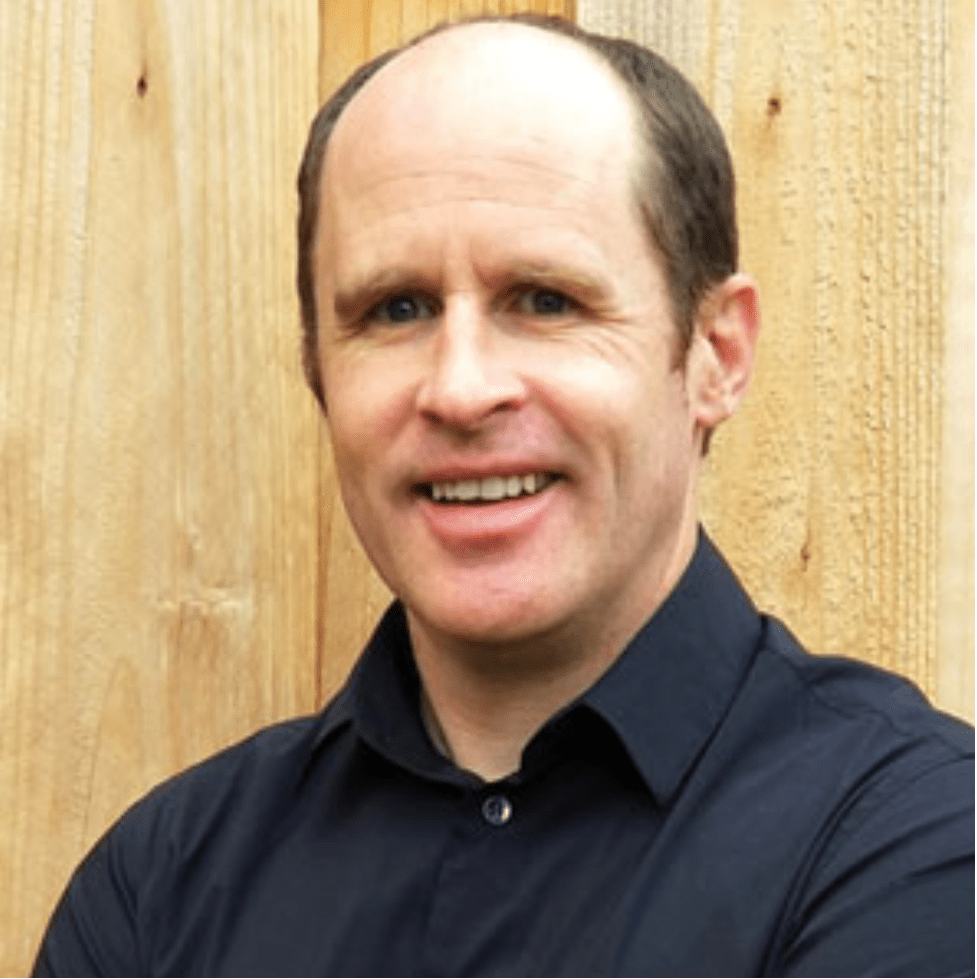In Fall 2022, Dr. Ian Lane joined Baskin Engineering as an Associate Professor in the Computer Science and Engineering Department and the Program Director of the Natural Language Processing (NLP) Professional Master’s Degree Program. A graduate of Kyoto University, Dr. Lane has an international reputation for high impact research in NLP developing cutting-edge speech recognition, machine translation and conversational AI systems. As part of the Baskin Engineering faculty, Dr. Lane plans to extend his prior research developing new techniques, models and frameworks to allow language technologies to be effective “in the wild” and to learn and improve through real-world interaction. He is also excited to help grow a diverse, interdisciplinary and lively NLP community at UCSC’s Silicon Valley Campus.
Dr. Lane’s research focuses on “computational systems that understand spoken human language” from the first steps of recognizing speech, transcribing conversations to interpreting meaning and providing contextually appropriate responses. After graduating with a bachelor’s in Information Engineering from Massey University, he obtained a scholarship from the Japanese government to pursue his Master’s and PhD in Intelligence Science at Kyoto University. Here Dr. Lane continued advancing his Japanese language skills and worked in a lab focused on the intersection of computer technologies and languages. This experience fostered a deepening interest in NLP and machine learning, and catalyzed an international career conducting research and developing commercial applications for conversational AI systems.
During his PhD studies, Dr. Lane worked in Japan’s Advanced Telecommunications Research Institute and helped develop the world’s first commercial speech translation system, which was deployed by NTT in 2004 on state-of-the-art mobile flip phones of that era. Following his PhD, Ian joined Carnegie Mellon University (CMU), working on large-scale media analytics and translation under the DARPA GALE project alongside researchers from IBM, Johns Hopkins, Cambridge University, and other institutes. Dr. Lane was also heavily involved in the development of CMU’s TransTAC speech-to-speech translation system — a handheld speech-translation system developed for military use in Iraq and Afghanistan, which enabled military personnel to have cross-lingual conversations with native Iraqi Arabic, Dari, and Pashto speakers as part of their daily activities. The success of this endeavor and seeing the impact these technologies had in the real world led Ian to join with other CMU researchers to launch Jibbigo, a CMU spin-out that offered the first speech translation app for iPhone and Android in 2010. Jibbigo became a popular translation app around the world, but especially in Japan where it was the top selling app on the Apple App Store for a period of time. Dr. Lane recalls, “It was truly exciting to make the transition from an initial idea to a research system, that we could write papers and report results on, to prototypes that actually worked in the lab to systems and products that would actually solve problems for real people in the real world.”
Inspired by this experience, Dr. Lane began developing language technologies that can be used “in the wild” as an Associate Research Professor at CMU and as a startup founder, advisor, and investor. At UCSC, Dr. Lane plans to pursue the development of new technologies to realize more realistic and natural conversational systems that interact intuitively with users and continuously learn through interaction.
Dr. Lane is excited to apply his extensive experience in industry and research when teaching the next generation of NLP engineers studying in UCSC’s NLP Professional Master’s program. Dr. Lane predicts that NLP is going to become a critical technology for industry, government and education. There is currently a shortage of people who understand NLP technologies well enough to be able to guide an organization through product ideation to deployment, creating NLP-powered products that become essential to their customers. As part of the NLP Program Team, Dr. Lane plans to grow and focus the NLP Master’s program to meet the needs of industry. He is also invested in building cross-departmental collaborations with other graduate programs based at the Silicon Valley Campus, including the Games and Playable Media and Human-Computer Interaction M.S. programs. “I think there’s a huge opportunity in integrating NLP and conversational interaction with game environments. In VR and AR environments, speech is a natural interaction modality in addition to gaze, posture and gesture. In the future, I believe we will learn new skills, such as learning new languages, by performing realistic interactions in realistic virtual environments. This will not limit us to learning new words and phrases through flash cards and then waiting to travel to a new country before we can actually put these skills to practice ‘in the wild.'”
When asked what drew Dr. Lane to UCSC, he shared, “What attracted me here was Silicon Valley, NLP, and education.” He’s looking forward to “teaching as many students as possible,” and facilitating learning experiences for undergraduates and graduate students that increase access to in-demand NLP expertise and “get students excited about where we are today and what they could build in the future.”

Ian Lane
